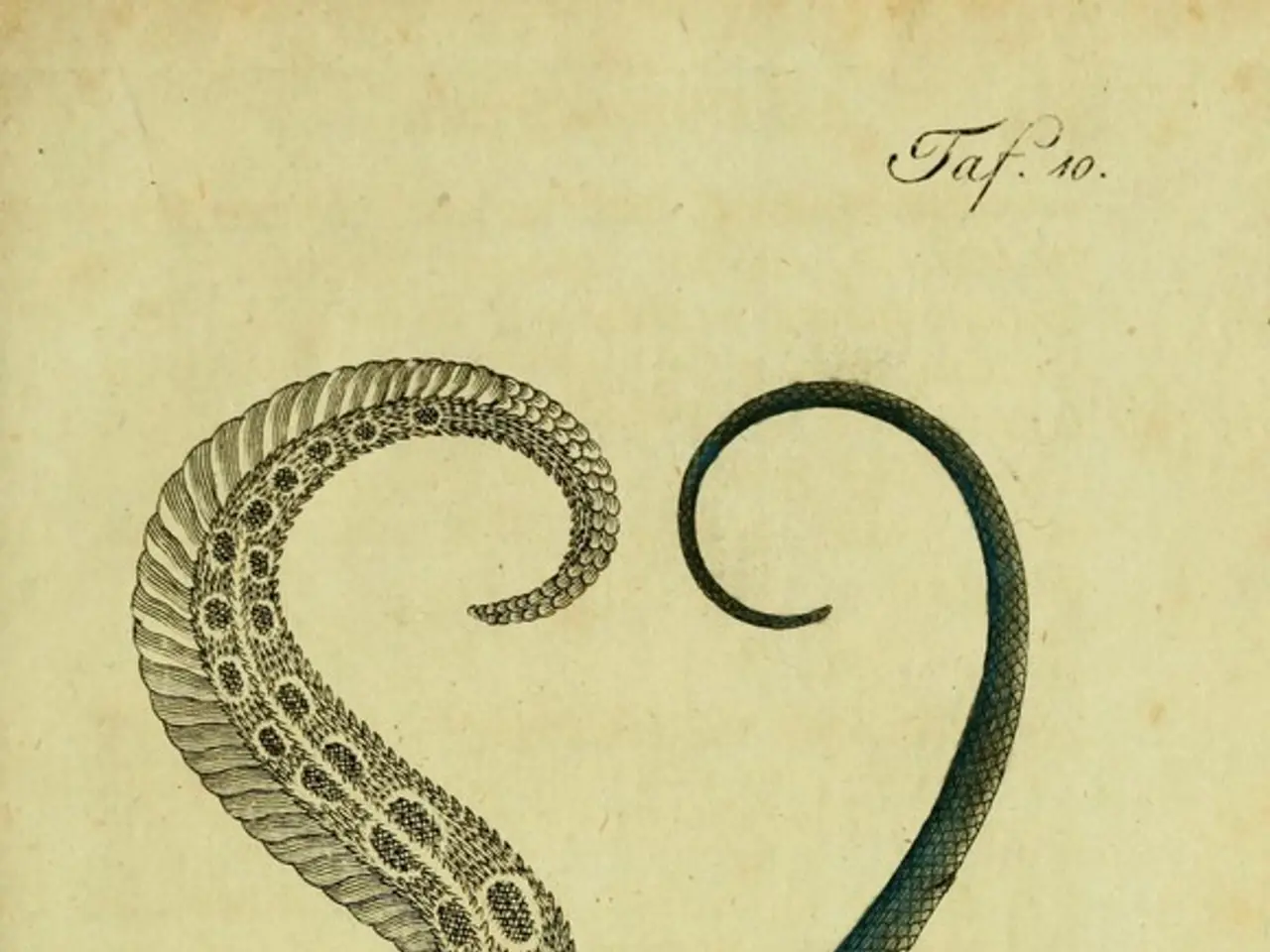U.S.-Pakistan relations experience an unforeseen shift, causing tension between the United States and India, according to recent reports, due to Pakistan's diplomatic approaches to former U.S. President Trump.
In a surprising turn of events, the relationship between the United States and Pakistan saw a pragmatic reset during President Trump's second term. This shift, focusing on counterterrorism and regional strategic interests, marked a significant departure from the strained ties that had previously existed.
Field Marshal Asim Munir, Pakistan's Army Chief, visited Beijing in late July and reassured China's foreign minister Wang Yi over the safety of Chinese nationals in Pakistan. This visit was just one example of Pakistan's efforts to position itself as a back channel to rivals Iran and China, reminiscent of its role in US diplomacy in the 1970s that facilitated Richard Nixon's opening of US relations with China.
The renewed engagement with the US, however, complicated US-India relations. Trump's imposition of high tariffs on Indian goods and criticism over India's Russian oil imports strained the relationship. India's outright rejection of Trump's offers to mediate both India-China and India-Pakistan tensions further reflected a decline in mutual trust and cooperation frameworks with the US during this period.
During this time, Field Marshal Munir also had a private lunch with President Trump in Washington in June. The US saw Munir as someone who could play a useful strategic role, according to Marvin Weinbaum, a senior fellow at the Middle East Institute in Washington. Trump publicly praised Pakistan for its cooperation, particularly in the handover of an Islamic State Khorasan operative accused of a 2021 Kabul bombing to US authorities.
In an effort to further strengthen ties, Minister for Crypto and Blockchain Bilal bin Saqib engaged in trade talks with Washington and promoted Pakistan's digital asset potential to figures close to the US president. The US and Gulf states also mediated a ceasefire between Pakistan and India during the May conflict.
However, not everyone in Pakistan was optimistic about the outreach. Former prime minister Shahid Khaqan Abbasi warned that while the outreach has yielded short-term gains, Islamabad must protect "both its interests and its dignity" in the unpredictable relationship. Husain Haqqani, a former Pakistan ambassador to the US, stated that Trump is "playing the Pakistan card" to gain leverage over India.
Despite the complexities, Trump's administration offered comparatively lighter trade tariffs (19%) to Pakistan compared to India (50%). A deal to develop Pakistan's "massive oil reserves" was also promised by Trump's administration.
India views the burgeoning Trump-Pakistan relationship as an irritant, particularly given its failure to avert steep tariffs despite its larger economy. Pakistan has been involved in "crypto diplomacy", including an agreement with a Trump-backed cryptocurrency venture.
In summary, the US-Pakistan ties under Trump’s second term saw a pragmatic reset focusing on counterterrorism and regional strategic interests, marking an unexpected resurgence given prior strain. US-India relations, while rhetorically strong at the leadership level, faced tensions due to Trump’s imposition of high tariffs on Indian goods and criticism over India’s Russian oil imports. This dynamic introduced complexity in South Asia, as US efforts to balance ties with Pakistan and India complicated regional diplomacy during Trump’s presidency.
Read also:
- Court petitions to reverse established decision on same-sex marriage legalization
- Commemoration of 200 Days of American Resurgence Unveiled
- Minister Bärbel Bas expresses doubts about her tenure as a minister following a recent interview during the summer.
- Politicians from both Republican and Democratic parties are urging President Trump to maintain the security agreement with Australia and the United Kingdom.






